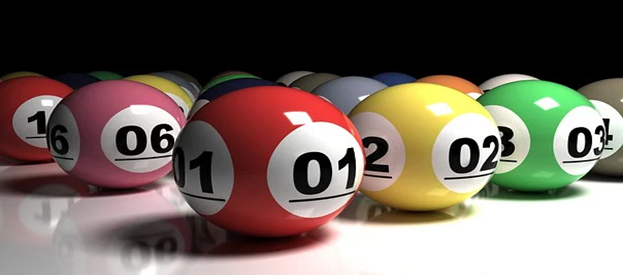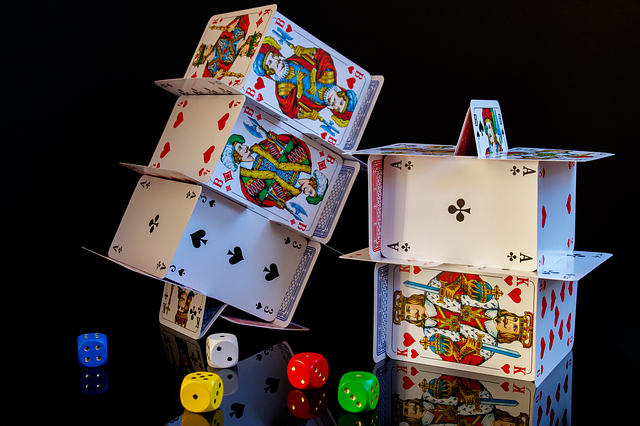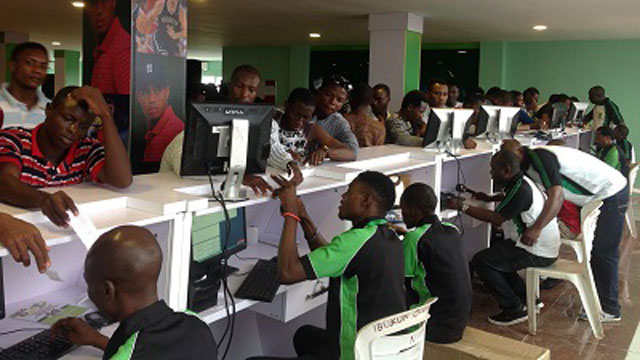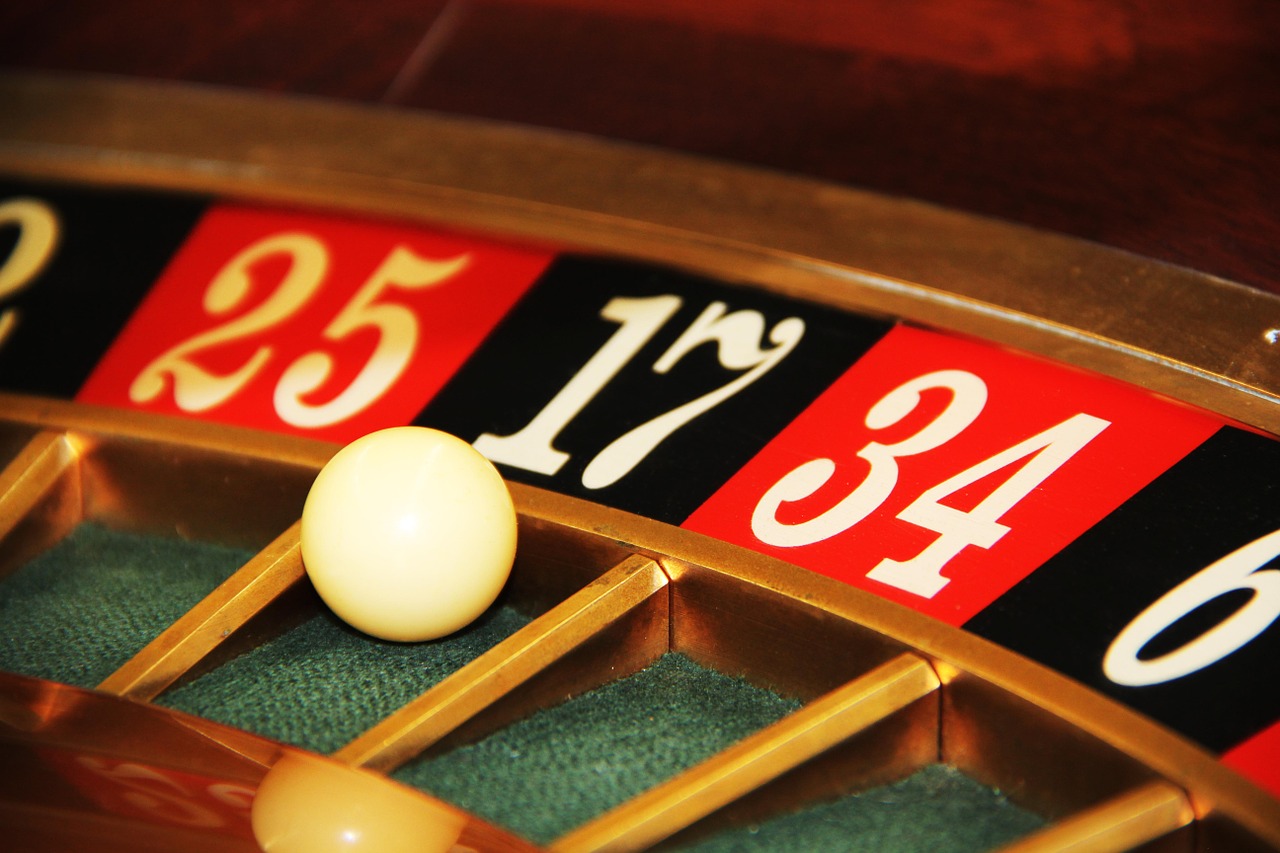Welcome to the world of poker! Whether you’ve recently discovered the thrill of this classic card game or you’re looking to enhance your skills as a beginner player, this article is here to guide you. As a new player, getting started can be daunting, but fear not! With the right mindset and a solid foundation of knowledge, you can begin your poker journey with confidence. In this article, we will provide you with valuable tips and strategies to help you navigate the poker table successfully. From understanding the basic rules to mastering advanced techniques, we’ve got you covered. So, let’s dive in and explore the top beginner poker tips that will set you on the path to becoming a skilled player.
1. Understanding the Basic Rules of Poker
1.1 The Objective of the Game
So you want to dive into the world of poker? Great choice! The first step is to understand the objective of the game. In poker, the goal is simple: win chips. You win chips by having the best hand at the showdown or by making everyone else fold their cards. Easy peasy, right?
1.2 Hand Rankings and Combinations
Now, let’s talk about hand rankings. Knowing the value of different hands is crucial. Who wants to think they have a winning hand, only to realize they’ve got a dud? Not you, my friend. The hand rankings start with high card, then go through one pair, two pair, three of a kind, straight, flush, full house, four of a kind, straight flush, and finally, the holy grail of poker hands, the royal flush. Remember these rankings like the back of your hand (pun intended).
1.3 Different Variations of Poker
Just like flavors of ice cream, there are numerous variations of poker. Texas Hold’em, Omaha, Seven-Card Stud, you name it. Each variation has its own set of rules and quirks, so make sure to do your homework before diving into a game. Start with Texas Hold’em, as it’s the most popular and beginner-friendly. Trust me, you don’t want to confuse stud with stud, unless you’re looking for a whole different kind of game.
2. Building a Strong Starting Hand Selection Strategy
2.1 The Importance of Starting Hands
Ah, starting hands, the bread and butter of poker strategy. You know how important it is to choose your battles wisely, right? Well, the same goes for starting hands. Don’t jump into every hand like a kid in a candy store. Be selective. Choose hands that have a good chance of turning into winners. Fold those low-value hands and save yourself the agony of trying to make that 2-7 offsuit work miracles.
2.2 Evaluating Hand Strength
Now, let’s talk hand strength. Not all starting hands are created equal. Some hands have more potential than others. It’s like comparing a superhero to a sidekick. You want to be the superhero. Evaluate your hand based on its potential to make strong combinations like straights, flushes, or full houses. Remember, it’s not the size of your hand, it’s how you use it.
2.3 Adjusting Starting Hand Selection Based on Position
Position, my friend, is a game-changer. It’s like having the power of invisibility in poker. Being in late position gives you more information about your opponents’ intentions, allowing you to make better decisions. So, adjust your starting hand selection strategy based on your position. Tighten up in early position and loosen up as you move towards the later positions. Just don’t loosen up so much that you become the human equivalent of a soggy noodle.
3. Mastering the Art of Positional Play
3.1 Understanding the Concept of Position
Position, position, position. It’s not just important in real estate, but also in poker. Understanding position is crucial to your success. You see, being in late position allows you to act last, giving you a distinct advantage over your opponents. Kind of like having the last slice of pizza at a party. The key is to exploit this advantage and make calculated moves. It’s like playing chess while everyone else is playing checkers.
3.2 Taking Advantage of Late Position
Late position is where the magic happens. You have the power to control the flow of the game. Want to bluff? Go for it. Want to extract maximum value from your monster hand? Go ahead. Just remember, don’t abuse your power like a kid with a new toy. Use it wisely and make your opponents tremble in their poker boots.
3.3 Dealing with Early Position Challenges
Early position can be a bit of a pickle. You don’t have the luxury of seeing what everyone else does before making your decision. It’s like being blindfolded at a buffet. So, tighten up your starting hand selection in early position. Play more cautiously, and avoid getting into sticky situations with marginal hands. Just remember, patience is a virtue, especially when you don’t have all the information.
4. Effective Bankroll Management for New Players
4.1 Setting Realistic Bankroll Goals
Bankroll management, my friend, is the secret sauce to poker success. You don’t want to go broke faster than a squirrel on a race track. Set realistic bankroll goals based on your skill level and the stakes you’re playing. Don’t go all-in on a savings account. Start small, build your skills, and gradually increase the stakes. Rome wasn’t built in a day, and a healthy bankroll won’t be either.
4.2 Determining Proper Buy-In and Bet Sizes
Buy-ins and bet sizes, oh my! The key here is to avoid going overboard like an overenthusiastic puppy on a leash. Determine proper buy-in amounts that allow you to play comfortably without putting your entire bankroll at risk. As for bet sizes, don’t be predictable. Mix it up. Keep your opponents guessing, like a cryptic crossword puzzle. And hey, don’t forget to adjust your bets based on the strength of your hand and the texture of the board.
4.3 Avoiding Tilt and Emotional Bankroll Decisions
Ah, tilt, the bane of every poker player’s existence. It’s like trying to play poker while your emotions are doing the cha-cha in your brain. Tilt happens to the best of us, but it’s how you deal with it that counts. Take deep breaths, count to ten, do whatever it takes to regain your composure. Don’t make emotional bankroll decisions like a teenager going through a rebellious phase. Stay calm, stay focused, and remember, poker is a marathon, not a sprint.
And there you have it, my budding poker player. Armed with these beginner tips, you’re ready to dive into the exciting world of poker. Just remember to have fun, learn from your mistakes, and always bring your poker face to the table. Good luck, and may the cards be ever in your favor!The Importance of Keeping Your Cool
5. Learning to Read and Interpret Poker Tells
5.1 Recognizing Physical Tells
When it comes to poker, your opponents’ bodies can sometimes reveal more than their words. Physical tells, such as trembling hands or increased breathing, can give away their level of confidence or the strength of their hand. So, keep an eye out for those involuntary twitches and fidgets!
5.2 Analyzing Betting Patterns
Beyond physical tells, betting patterns can also provide valuable insights. Pay attention to how your opponents bet during different situations. Are they more aggressive when they have a strong hand, or do they tend to be cautious? Analyzing these patterns can help you anticipate their moves and make more informed decisions.
5.3 Identifying Verbal and Non-Verbal Cues
Sometimes, it’s not just about what your opponents say, but how they say it. Verbal cues, like hesitations or changes in tone, can reveal their level of confidence. Non-verbal cues, such as eye movements or body posture, can provide additional clues. Just remember, don’t take everything at face value—some players may try to throw you off with false tells!
6. Developing a Solid Bluffing Strategy
6.1 Understanding When and Why to Bluff
Bluffing is an art form in poker, but knowing when to do it is crucial. Bluffing can be a powerful tool when used strategically, such as when you have a weak hand but believe your opponent has an even weaker one. However, bluffing for the sake of bluffing is a recipe for disaster. So, make sure to assess the situation and consider the potential risks and rewards before attempting a bluff.
6.2 Recognizing Ideal Bluffing Opportunities
The key to successful bluffing lies in identifying the ideal moments to strike. Look for situations where the community cards on the table could have missed your opponents’ hands or situations where their betting patterns suggest weakness. Timing is everything, so be patient and wait for the right opportunity to make your move.
6.3 Bluffing Techniques and Tips
When it comes to bluffing, confidence is key. Maintain a calm demeanor and consistent betting patterns throughout the hand to sell your story. Mixing up your play and occasionally throwing in a well-timed bluff can keep your opponents on their toes. Just don’t get carried away and overdo it, or you might end up bluffing your way out of your chip stack!
7. Utilizing Pot Odds and Expected Value in Decision Making
7.1 Understanding Pot Odds and Probability
Pot odds and probability are like the math wizards of the poker world. Understanding these concepts can help you make more informed decisions by assessing the ratio between the current size of the pot and the cost of a contemplated call. By calculating the likelihood of improving your hand and comparing it to the potential payout, you can determine whether a decision is mathematically sound or not.
7.2 Calculating Expected Value
Expected value is the holy grail of decision making in poker. It involves weighing the potential gain or loss of a particular move against the probability of it occurring. By calculating the expected value of different actions, you can make choices that maximize your long-term profitability. So, channel your inner mathematician and crunch those numbers!
7.3 Making Informed Decisions Based on Pot Odds and Expected Value
When facing a decision at the poker table, don’t rely solely on gut feelings or blind luck. Instead, use pot odds and expected value as your guiding compass. If the numbers indicate a positive expected value or favorable pot odds, then go for it! If not, it might be wise to fold and live to fight another hand.
8. Practicing Patience and Emotional Control at the Poker Table
8.1 The Value of Patience in Poker
In a fast-paced game like poker, patience is more than just a virtue—it’s a winning strategy. Don’t let the excitement or the urge to get involved in every hand tempt you into reckless decisions. Wait for strong starting hands and favorable situations before putting your chips on the line. Remember, good things come to those who wait!
8.2 The Importance of Keeping Your Cool
Poker can be an emotional rollercoaster. From the elation of landing a winning hand to the frustration of a bad beat, it’s easy to let your emotions get the best of you. However, maintaining emotional control is essential for making rational decisions. Don’t let a bad beat tilt you into making poor choices or letting your opponents read your emotions. Stay calm, keep your composure, and play the game with a clear mind.In conclusion, by implementing these top beginner poker tips, you are well equipped to embark on your poker journey with a solid foundation. Remember to continuously practice, analyze your gameplay, and learn from your experiences. Poker is a game of strategy, skill, and patience, and with dedication, you can improve and achieve success at the tables. So, embrace the challenges, enjoy the thrills, and may your poker skills continue to grow and flourish. Best of luck on your poker endeavors!
FAQ
1. Is poker a game of luck or skill?
Poker is a game that combines both luck and skill. While luck plays a role in the cards you are dealt, skill comes into play through strategic decision-making, reading opponents, and managing your bankroll effectively.
2. How long does it take to become a proficient poker player?
Becoming a proficient poker player takes time and dedication. It varies from person to person, but with consistent practice, studying the game, and learning from your mistakes, you can start seeing improvements within a few months. However, becoming an expert player may take years of experience and continuous learning.
3. How important is bankroll management in poker?
Bankroll management is crucial in poker. It helps you avoid going broke by setting limits on the amount of money you are willing to risk. Proper bankroll management ensures that you can withstand the natural ups and downs of the game and continue to play without putting your entire bankroll at risk.
4. Should I bluff often as a beginner?
Bluffing is an advanced poker strategy that requires skill and a deep understanding of the game. As a beginner player, it is important to focus on mastering the basics before incorporating frequent bluffing into your strategy. Bluffing should be used selectively and in appropriate situations when you have a good understanding of your opponents’ tendencies and the dynamics of the hand.

AdHang.com is the No.1 agency for digital marketing in Nigeria and the first Internet public enlightenment agency in Africa. AdHang has everything needed to achieve your digital marketing objectives and goals. From strategic digital marketing, a tactical approach to employing advanced digital marketing tools and technologies, using seasoned marketers with decades of marketing communications experience.









Comments